Maintaining a Rented Garden: Tenant Responsibilities
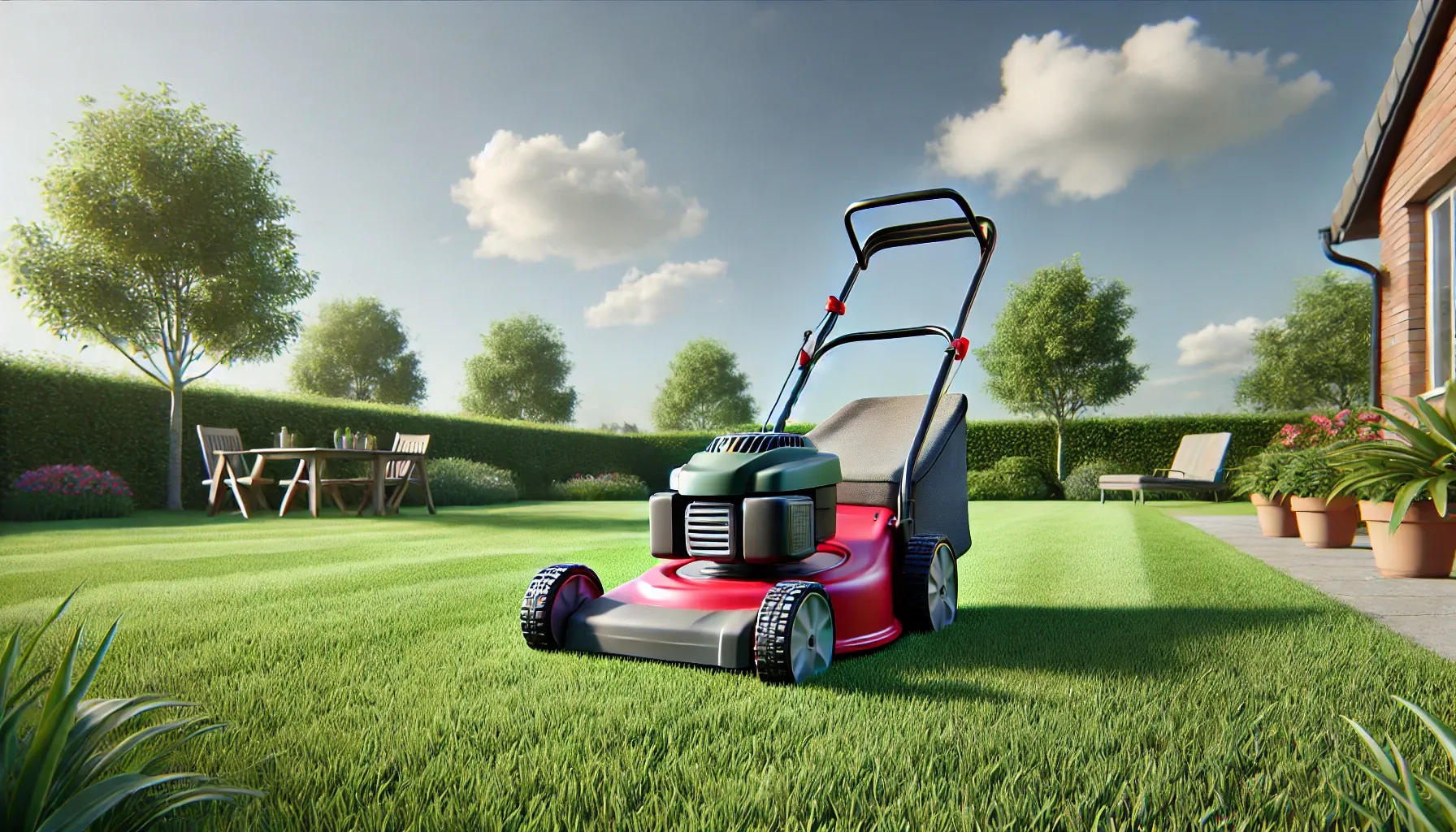
If you're renting a property, you might be wondering who’s responsible for maintaining the garden. Should the tenant or landlord cut the grass? Is it the landlord or tenant that’s responsible for fixing a damaged wall or fence? Our comprehensive 2024 guide has all the answers, whether you're a landlord, letting agent or a tenant.
In a rented property who is responsible for cutting the grass?
While there's no specific law stating that tenants must cut the grass, water the plants or maintain the garden, but your tenancy agreement might have a 'Garden Clause.' This clause can outline:
- Tenant Responsibilities: Basic maintenance like cutting the grass, trimming borders, cleaning the patio, and watering plants.
- Garden Usage: Guidelines on whether tenants can plant flowers, grow vegetables or add potted plants.
- End-of-Tenancy Conditions: Ensuring the garden is left as it was at the start of the tenancy.
- Landlord Responsibilities: Any tasks or maintenance that the landlord, letting agent or a maintenance company will handle.
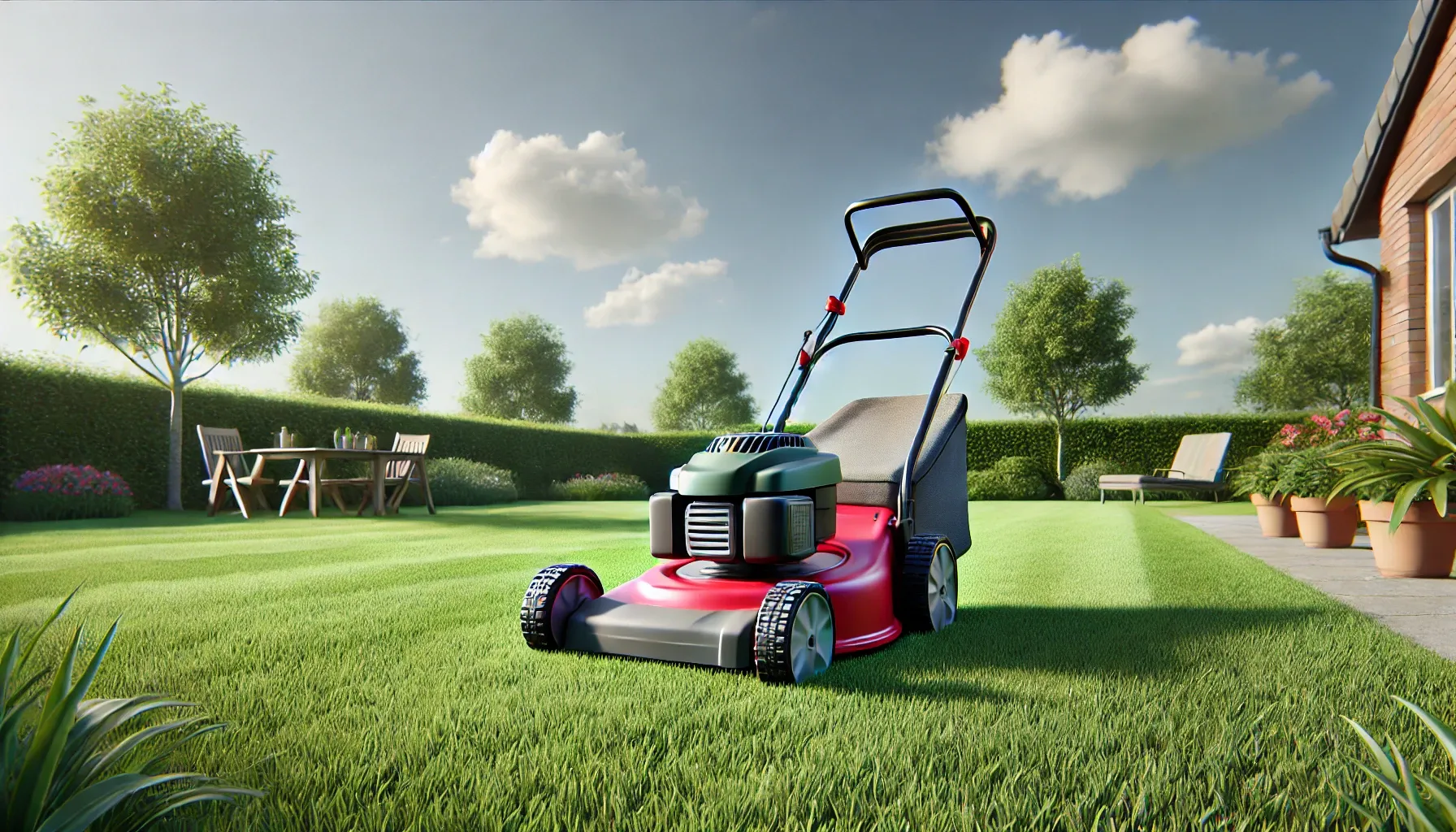
Ultimately, the responsibility for garden maintenance should be agreed upon and documented in the tenancy agreement. If there is no ‘Garden Clause’ in the agreement, it is recommended that a tenant contacts their landlord or letting agent with their concerns to come to a reasonable agreement between each party.
Is the landlord or tenant responsible for trimming hedges?
This also depends on the tenancy agreement. Typically, tenants are expected to maintain the garden to a reasonable standard, which includes trimming small plants and hedges.
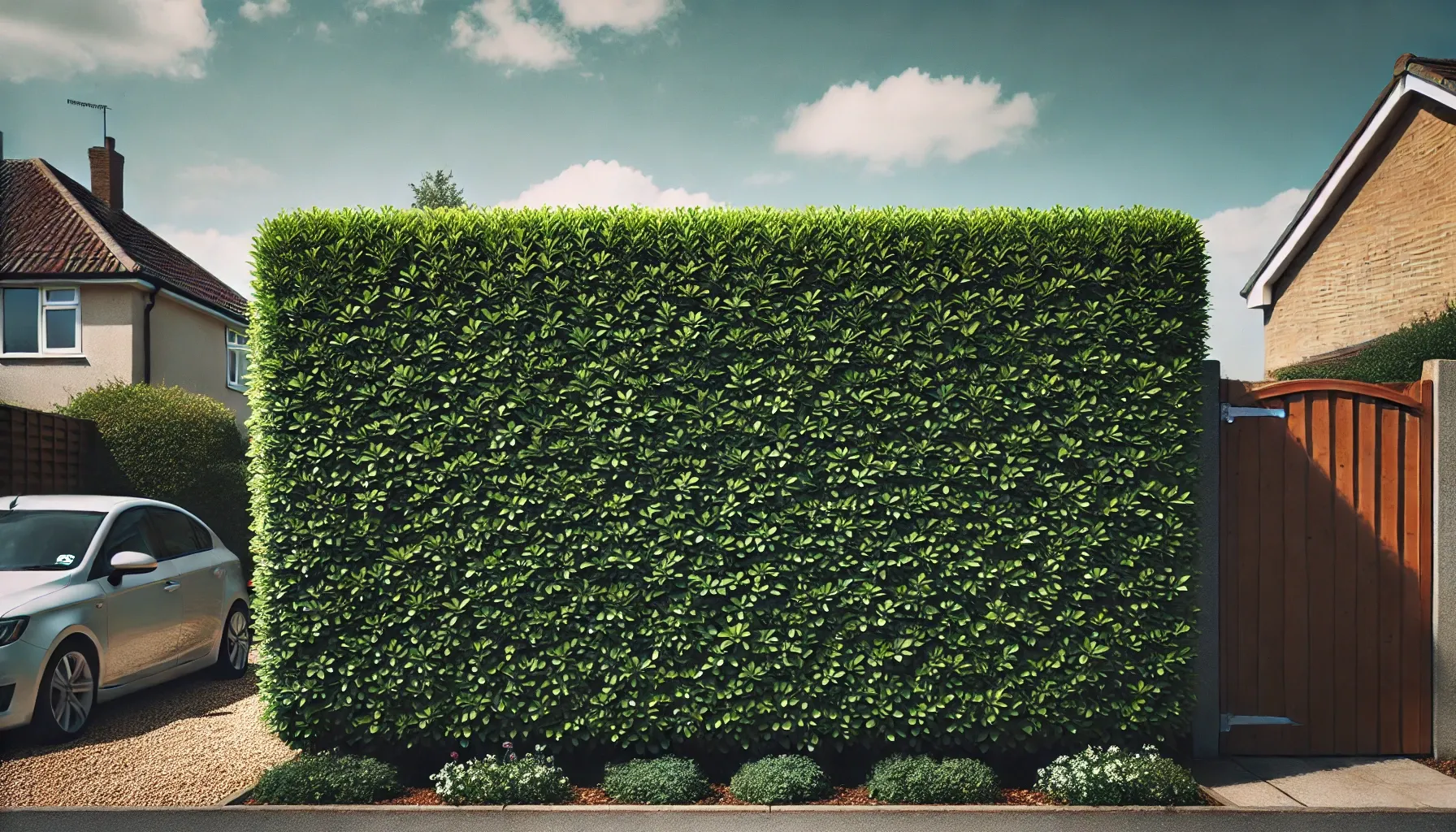
For larger hedges that require special equipment or skills, it’s best for the tenant and landlord to discuss and agree on who will handle the maintenance. Usually, if specialist skills are needed, the landlord would take responsibility.
Who is responsible for cutting trees? Tenant or landlord?
Tasks like cutting trees, which require specialist skills, are generally the landlord's responsibility. Tree maintenance often involves the use of specialised tools and equipment, and improper handling can lead to significant safety hazards. For this reason, landlords typically oversee these larger maintenance tasks to ensure they are done correctly and safely. If a tree falls in the garden, it is usually the landlord who arranges for its removal, as this can also involve assessing and mitigating any potential damage to the property.
Fallen or overgrown trees can pose risks not only to the property but also to the tenants and their neighbours. In some cases, a fallen tree might obstruct pathways or damage fences, creating further liabilities. Regular inspections and timely maintenance by the landlord can help mitigate these risks, ensuring a safe and pleasant environment for everyone.
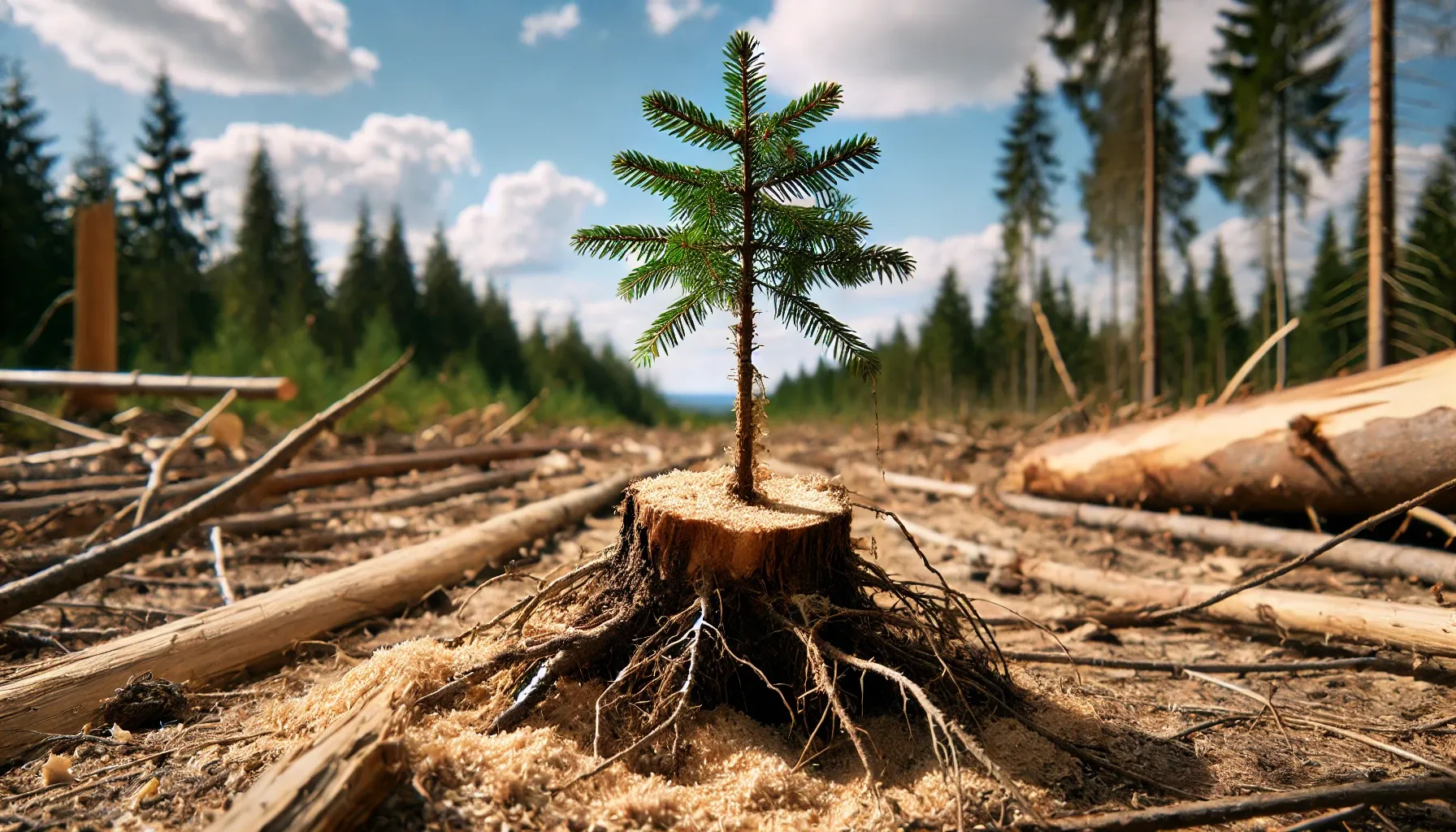
It's also worth noting that in certain regions, there may be local regulations regarding tree preservation and removal. Landlords are generally more knowledgeable about these regulations and can ensure that any tree work complies with local laws. This legal aspect further emphasises the importance of landlords taking charge of tree maintenance in rental properties.
Should the landlord make repairs to walls and fences?
Maintaining and repairing the external areas of a rental property, including fencing, walls, and pathways, is the landlord's responsibility. This falls under the Housing Health and Safety Rating System (HHSRS), which ensures that properties are safe and secure against unauthorised entry. Proper maintenance of these external structures not only helps in maintaining the aesthetic appeal of the property but also plays a crucial role in ensuring the safety and security of the tenants.
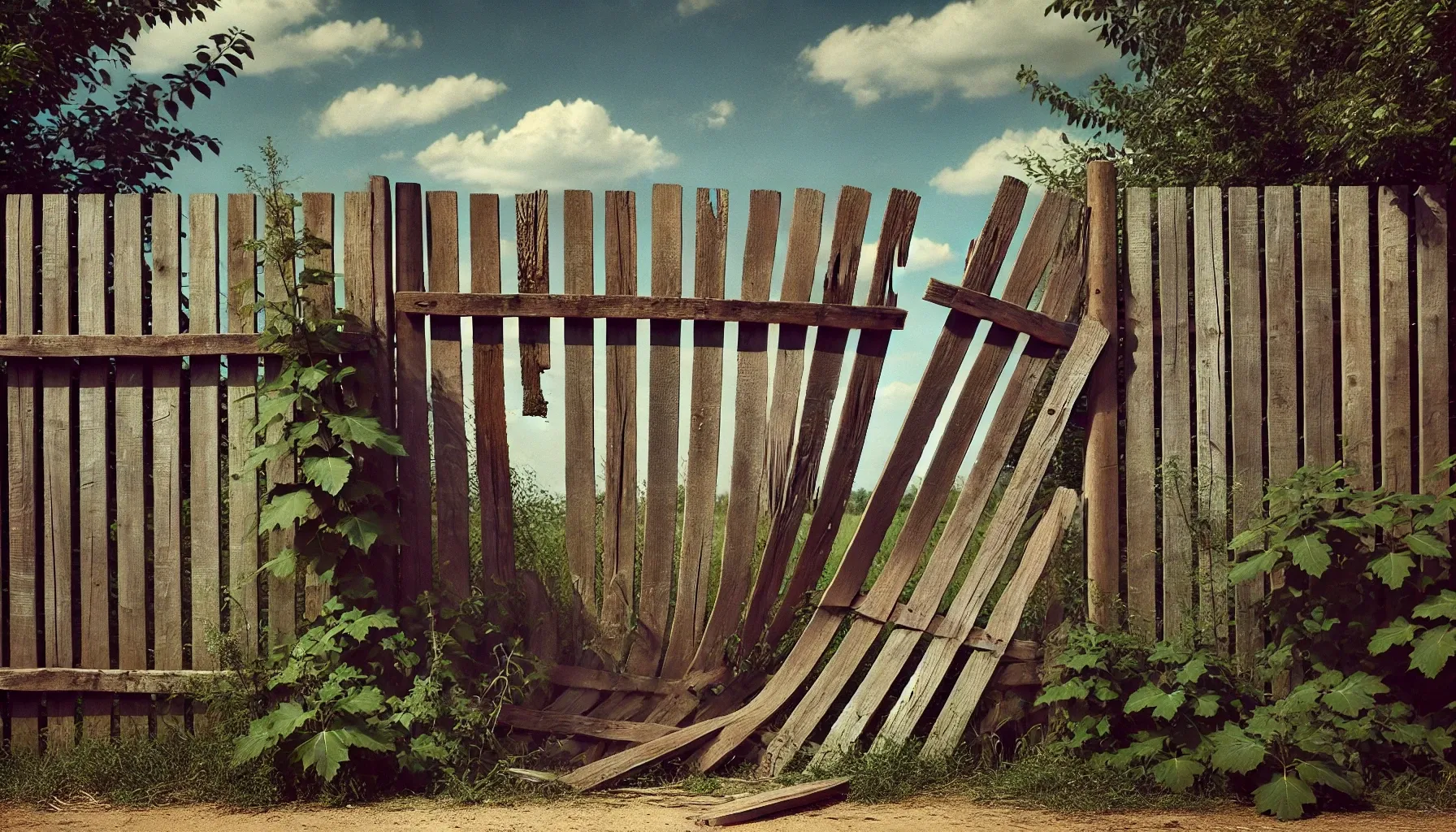
If you encounter any issues with walls, fences, or other external structures, it is essential to contact your landlord or letting agent promptly. Quick reporting allows the landlord to address the issues before they escalate, potentially preventing further damage and ensuring that necessary repairs are carried out in a timely manner.
Are sheds and garages the landlord or tenants responsibility?
Under Section 11 of the Landlord and Tenant Act 1985, landlords are required to repair the structure and exterior of the property. This obligation can extend to sheds and garages if they are specified in the tenancy agreement.
If the garage is attached to the property, it is generally considered part of the exterior structure. Consequently, any necessary repairs to the garage fall under the landlord’s responsibility. This includes fixing structural issues, ensuring the garage door functions properly, and addressing any damage that might compromise the safety or security of the property. For example, if the garage roof is leaking or the door is broken, the landlord must arrange for repairs.
This responsibility also applies if there is a risk of intruders gaining access to the main house through an inadequately secured garage. Garages often have connecting doors to the main property, which, if not properly maintained, can become vulnerable points of entry. The landlord must ensure these connecting points are secure to prevent unauthorised access, thereby protecting the tenants and their belongings.

If the tenancy agreement includes sheds, the landlord must ensure they are maintained and in good condition. This could involve repairing roofs, fixing doors, and addressing any structural issues that could pose safety risks or reduce the shed's usability.
Key Takeaways
- Check Your Tenancy Agreement: It should clearly outline the garden maintenance responsibilities.
- Include a Garden Clause: Ensure your agreement specifies who is responsible for what.
- Communicate Issues Promptly: Inform your landlord or letting agent about any maintenance concerns as soon as possible.
We hope this guide has provided you with helpful advice on garden maintenance in a rental property. Whether you’re a landlord or a tenant, knowing your responsibilities can ensure a well-maintained garden and a smooth rental experience.